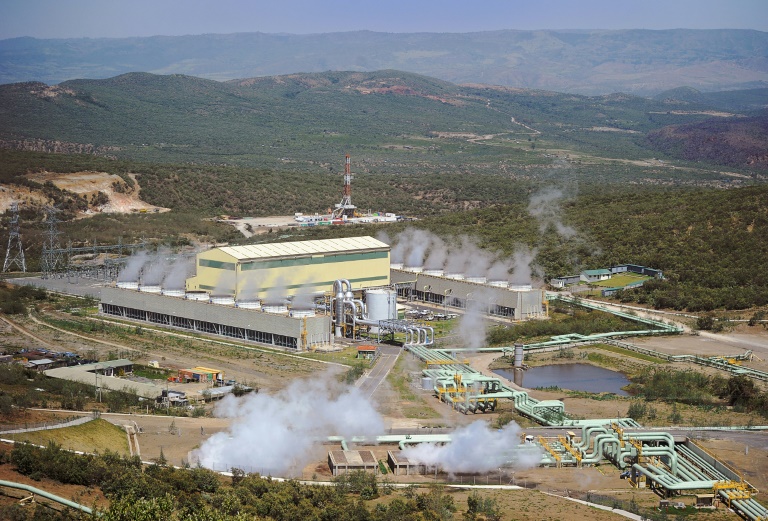STOCKS moved narrowly on Thursday as traders continue to pull back from the buying that has propelled markets to record highs in recent months, with upcoming US inflation and jobs data seen as likely to be the next catalysts for action.
Investors have been on a buying spree since shares hit deep lows in the wake of Donald Trump’s April global tariff bombshell, with sentiment buoyed by trade agreements and signs that the Federal Reserve was about to resume its interest rate cut programme.
The US central bank – citing a weak labour market and inflation that has not spiked – last week announced its reduction, and forecast there could be two more this year.
However, while traders have been banking on a period of easing, some Fed officials including boss Jerome Powell are trying to take a more cautious approach, citing still-elevated inflation.
His remarks this week that stocks are “fairly highly valued” and that there was “no risk-free path” on rates has tempered the euphoria on trading floors.
The bank will be keeping watch on the release this week of its preferred gauge of inflation – the personal consumption expenditure index – and next week’s non-farm payrolls report.
BT in your inbox
Start and end each day with the latest news stories and analyses delivered straight to your inbox.
Tokyo held solidly in positive territory early on Thursday, but elsewhere flitted between gains and losses.
Hong Kong was flat, even as tech titan Alibaba jumped more than one per cent to extend Wednesday’s gain of more than nine per cent after its chief executive said it planned to ramp up spending on artificial intelligence. Its US-listed stock piled on more than eight per cent.
And China’s biggest car exporter Chery Automobile rocketed more than 13 per cent higher on its trading debut in the city, having raised about US$1.2 billion in its initial public offering.
There were also small losses in Shanghai, Sydney and Singapore while Taipei, Seoul and Manila were barely moved.
That came after a second day of losses in Wall Street for all three main indexes.
While there appears to be some unease in recent days over the latest market rally, economists at Bank of America were upbeat.
“With major regions in easy fiscal mode, and with the Fed cutting against a backdrop of broadening and accelerating profits, it’s not hard to argue for a boom in (earnings per share) and GDP growth,” they wrote.
“US (capital expenditure) and revisions are broadening beyond tech, sticky inflation could help sales and thus drive operating leverage. This is the higher probability ‘tail’ in 2026 than stagflation or recession, in our view.” AFP









